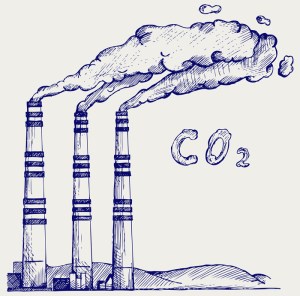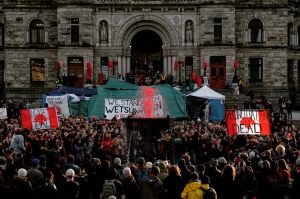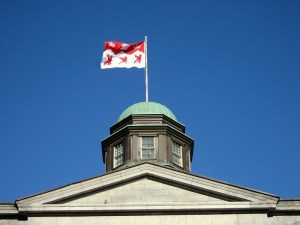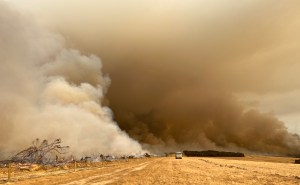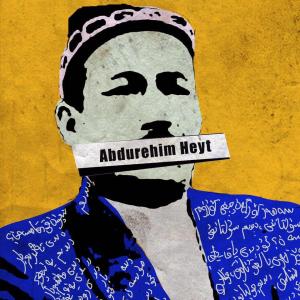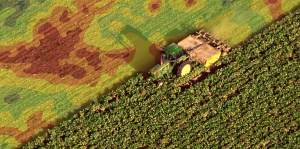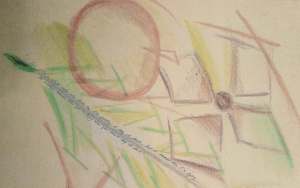https://themoscowtimes.com/articles/us-says-putins-food-ban-will-backfire-on-russia-38132
Following its embargo on European food imports, Russia arrests and demonstratively destroys illegally imported products, much to the public’s disapproval.
This kind of public execution of forbidden delicacies took place for the first time in 2015, a year after Russia introduced a ban on a number of products from the EU, Canada, the USA, Australia, and Norway, that will be in place at least until the end of 2019. This ban came as a response to the sanctions imposed on Russia by Western countries following the annexation of Crimea, Russia’s support for pro-Russian Ukrainian separatists, and the long-denied military presence in Ukraine. Among the sanctioned foods are meat (beef and pork), fish, certain fruits and vegetables, and dairy products. Cheese became the star of the show, with its destruction broadcasted on national television. In the meantime, Russian farmers heroically took on creating the equivalents of popular European cheeses. So great are the conditions for cheese-making in Russia, that, according to one of the government’s main propaganda outlets, Rossiya 24 (Russia 24), European farmers desperately want to move to Russia and begin producing dairy products there. The hero of one such news report, Philippe Camus, for example, wants to escape the existential crisis of being a farmer in France: the unbearable burden of EU taxes, poverty, and even high suicide rate among French farmers
Despite the suggestions of some politicians to give the food to people in need, such as orphans and the elderly, President Putin signed an order to bulldoze the star-crossed EU cheese into the ground. Even though Mr Putin’s ratings skyrocketed during the wave of patriotism that followed the annexation of Crimea in 2014, such wastefulness and disrespect towards food are hardly something that the Russian people would tolerate.
Russian cultural memory holds many a dark episode of famine and food shortage. One of the darkest chapters of the Great Patriotic War (the war between the Soviet Union and Nazi Germany on the Eastern Front of WWII) was the siege of Leningrad, that lasted 900 days. By the time the siege was finally lifted, an estimated 1,000,000 residents of Leningrad (St. Petersburg) had perished of starvation, cold, and German air attacks. However, while the available portions of food were becoming smaller and smaller as the resources were nearing exhaustion, and as the starving people ate their pets, leather belts and organic glue to stay alive, the Soviet elites remaining in the city encircled by the enemy allegedly maintained a kind of diet not drastically different from that of peaceful times. In 2019, for the 75th anniversary of the lifting of the siege, the Russian director Alexey Krasovsky made a film about these tragic events, but his choice of genre—dark comedy — caused a big stir in Russia. The movie, titled Holiday, is available on YouTube for free. In the opening disclaimer, Krasovsky emphasized that he did not receive any funding from the government: the production team used their own money and donations from a crowdfunding campaign. This way he avoided dealing with censorship which would not allow the film to be shown in cinemas (just like Armando Iannucci’s The Death of Stalin.) However, the pro-government media still did everything possible to discredit the director and his work. Consequently, people took to the Internet to express their anger; making fun of anything related to the Great Patriotic War is uncompromisingly a taboo, a sacrilege, and there is no forgiveness for those who break this rule. Hardly
And yet, the memory of the siege, and the fact that the very few survivors that are still with us (who are among the most revered Russian citizens) allegedly don’t receive adequate material support from the government, made the same public who bashed Krasovsky’s Holiday vocally express their disapproval online as the anniversary of the liberation of Leningrad approached. One of the issues that many of them brought up was the public destruction of the confiscated foreign products, a frequent phenomenon since 2015.
But at the end of the day, it is not only the memory of the tragic past that leads Russian people to feel scandalized by the actions of the government. According to experts, the real income of Russians has been decreasing steadily in the past five years. As of 2018, 19,3 million people are living below the poverty line—enough to populate an average-sized European country. Despite this fact, the government officials don’t seem to limit their extravagant tastes. Their otherwise ardent patriotism somehow recedes when it comes to owning private property ‘behind enemy lines’ and sending their children to live abroad. Undoubtedly, they also have no problem acquiring the forbidden fruits of foreign import.
As the general frustration of the population is becoming increasingly vocalized, Mr. Putin’s approval ratings are currently at their 4-year lowest.
However hard President Putin’s government might be trying to convince people that Russia is practically under siege from its Western enemies, it seems as if slowly the public is coming to the realization that, in reality, their biggest enemy might have been right in the heart of the country all along. When people’s patience is tried for too long and food becomes a toy in political games, Marie-Antoinette risks losing her head.

